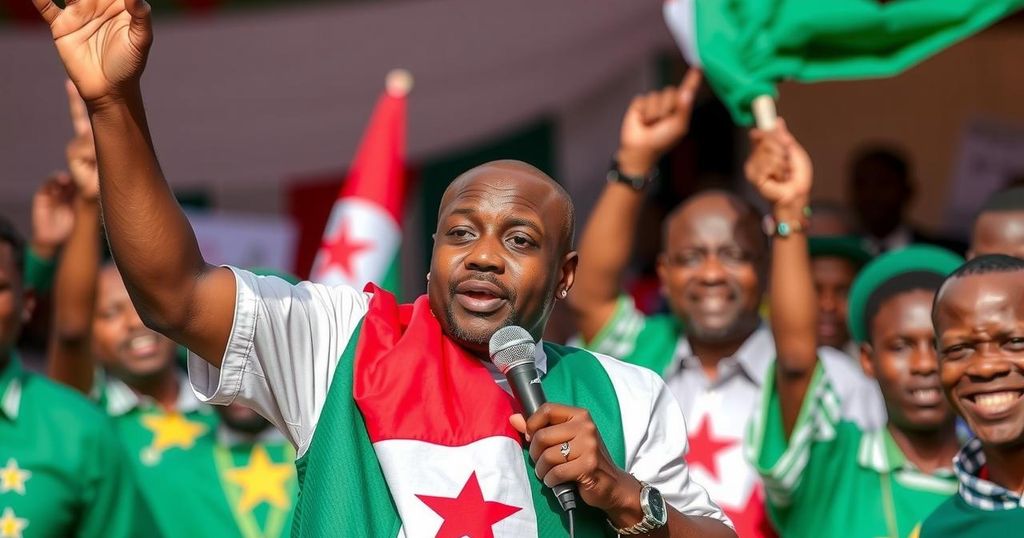Chad’s Ruling Party Secures Majority Amid Opposition Boycott in Elections

Chad’s ruling Patriotic Salvation Movement secured a majority in the December legislative elections, winning 124 of 188 seats amid a boycott by main opposition parties. The election, marking the first parliamentary vote in over a decade, was criticized by the opposition as lacking credibility. President Mahamat Idriss Déby emphasized the election as a step towards decentralization and addressing the nation’s governance issues amidst ongoing security challenges.
Chad’s ruling party, the Patriotic Salvation Movement (MPS), achieved a significant majority in the December legislative elections, securing 124 out of 188 seats, as provisional results published by the electoral commission indicated. This election marked Chad’s first parliamentary vote in over a decade, with a voter turnout of 51.5 percent. The election’s legitimacy has been questioned due to a boycott by over ten opposition parties, including the prominent Transformers party, led by Succès Masra, who had previously contested in the presidential race. The opposition characterized the election as a mere facade, drawing parallels with past presidential elections that lacked credibility. President Mahamat Idriss Déby stated that the election would initiate a long-awaited process of decentralization, redistributing power to regional and municipal levels. The election occurred during a turbulent period for Chad, which struggles with security challenges and has severed long-standing military ties with France.
Chad has faced significant political turmoil following the death of long-time president Idriss Déby Itno in 2021. His son, Mahamat Idriss Déby, seized power as a military ruler, navigating the country through a complex transition toward democracy. The December parliamentary elections were the latest step in this transition, following a disputed presidential election in the prior year. The ongoing opposition boycott raises concerns about the inclusivity and legitimacy of the electoral process, as various political factions seek to safeguard their interests amidst the backdrop of regional insecurity.
In conclusion, the Patriotic Salvation Movement’s victory in Chad’s recent parliamentary elections further consolidates President Mahamat Idriss Déby’s control, despite significant opposition boycotts. The questioned legitimacy of the elections raises implications for Chad’s ongoing transition to democracy, while the nation simultaneously confronts pressing security concerns. The situation remains dynamic, with the international community observing the developments amidst regional instability.
Original Source: www.rfi.fr







